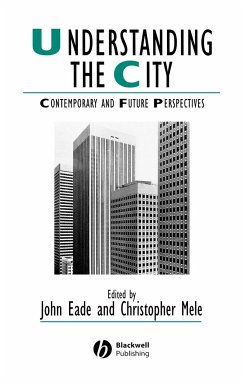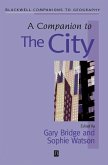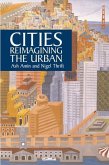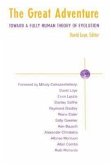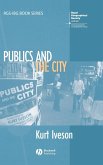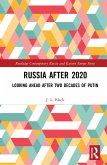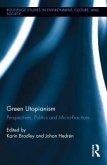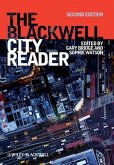This pioneering, multi-disciplinary analysis looks ahead to the direction which the study of urban society is likely to take. Leading researchers from sociology, geography, anthropology, and cultural studies examine the research issues that emerged during the 1990s, particularly from political economy and 'cultural turn' perspectives. Their exploration reveals both how urban studies have fragmented, and how a new middle ground for future debate and research has arisen. The volume brings together theoretical discussion of urban studies with analysis of urban processes at both regional and local levels around the globe. It enables readers to assess the degree to which differing perspectives have produced dynamic diversity as well as areas of mutual interest, creating exciting possibilities for urban studies locally and globally.

